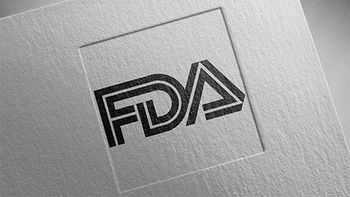
- Pharmaceutical Commerce - May 2009
Direct-to-consumer marketing trends toward relationship management
Web-based strategies seen as cost-effective in survey
The majority of respondents to a recent survey say they anticipate spending cuts in their direct-to-consumer marketing budgets this year, but most would like to beef up their efforts on relationship building. And a majority say that more resources should be channeled into such web-based marketing programs as websites (68%), emails (59%), and search engine optimization (50%).
“Today, these marketing channels are considered more cost-effective than traditional DTC methods,” says Mark Calabrese, VP and GM for marketing solutions at Cegedim Dendrite (Bedminster, NJ), a provider of customer relationship management solutions, in an announcement.
Some 58% of respondents to the seventh annual U.S. pharmaceutical direct-to-consumer (DTC) marketing survey say they expect a DTC spending decrease in 2009, a significant change from the 28% who said so for 2008, according to the announcement. The survey continues annual efforts that began at Optas In., a Woburn, MA-based supplier of database marketing software and services for drug makers, which Cegedim Dendrite acquired in 2005.
Nearly 70% of respondents indicate they would like to see an increase in spending on relationship marketing, and 66% say the same about loyalty (co-pay) card programs.
The quantity of respondents saying they want to increase the use of co-pay cards represents a 25% spike over that in 2008. “Such co-pay-card-initiated persistence platforms are an effective and measureable way to build lasting relationships with patients,” says Calabrese, in the announcement. “If executed with the right partner, it’s very efficient for marketers to create, implement, and most importantly, analyze the ROI of these programs. Marketers can leverage this initial patient interaction to build out an interactive relationship marketing platform designed to better educate and communicate with the patient about their disease and medications.”
Articles in this issue
over 16 years ago
2009: a 'swan dive' in 3PL revenueover 16 years ago
The Landscape of Enterprise IT Applications for Life Sciencesover 16 years ago
Building the IT Foundation for the Next-Generation Sales Forceover 16 years ago
AmerisourceBergen Keeps a Focus on Independent Pharmacyover 16 years ago
Pharma Gift, Marketing and Advertising Reporting Rules MultiplyNewsletter
Stay ahead in the life sciences industry with Pharmaceutical Commerce, the latest news, trends, and strategies in drug distribution, commercialization, and market access.




